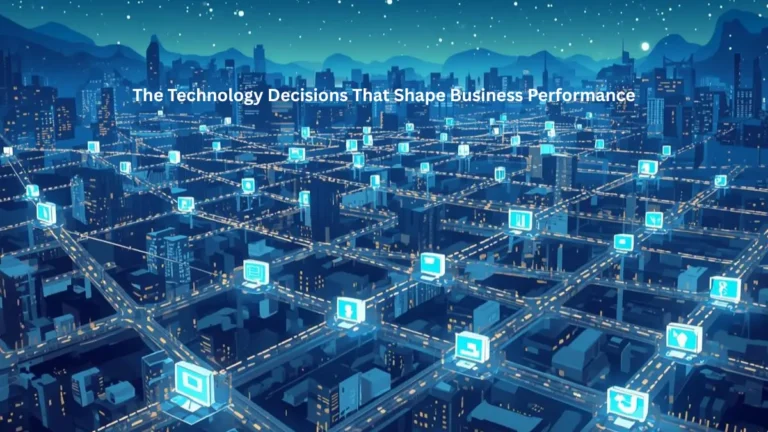The digital revolution has transformed how we consume and interact with music. As blockchain technology continues to reshape creative industries, NFT music marketplaces have emerged as the next frontier for artists, collectors, and music enthusiasts alike. With pioneering artists like Kings of Leon leading the charge by releasing the first major-label NFT album, the music industry is witnessing an unprecedented shift toward decentralized ownership and distribution.
The NFT Music Revolution
Non-Fungible Tokens (NFTs) represent unique digital assets on blockchain networks, offering creators unprecedented control over their intellectual property. Unlike traditional cryptocurrencies, each NFT possesses distinct characteristics and cannot be replicated, making them perfect vessels for original creative works.
Music NFTs are revolutionizing how artists monetize their creativity by eliminating traditional intermediaries. Instead of navigating complex record label hierarchies, producers, and distributors who often claim the lion’s share of profits, musicians can now directly connect with their audience and retain greater control over their revenue streams.
Why Music NFTs Are Game-Changers
The traditional music industry presents numerous challenges for emerging artists. From securing record deals to managing distribution rights, musicians often find themselves at the mercy of industry gatekeepers. Music NFTs offer a refreshing alternative by providing:
Direct Artist-to-Fan Connections: Musicians can sell exclusive content, limited editions, and special experiences directly to their most dedicated supporters.
Transparent Revenue Streams: Blockchain technology ensures artists receive fair compensation for their work through smart contracts and automated royalty distribution.
Creative Freedom: Artists maintain full creative control without compromising their vision to meet commercial demands.
Global Accessibility: Decentralized platforms enable worldwide distribution without geographical restrictions or complex licensing agreements.
Essential Features of a Music NFT Marketplace
Creating a successful music NFT marketplace requires careful consideration of user experience and functionality. Here are the core features that drive engagement and success:
Intuitive Storefront Design: A visually appealing interface that showcases NFT collections with comprehensive details including artist information, creation dates, pricing, and sale formats.
Seamless NFT Minting and Listing: User-friendly tools that allow artists to easily convert their music into NFTs and list them on the marketplace with customizable parameters.
Flexible Trading Options: Support for various sale formats including fixed-price listings, timed auctions, and bundle collections to accommodate different trading preferences.
Multi-Wallet Integration: Compatibility with popular cryptocurrency wallets to ensure smooth transactions and broad user accessibility.
Advanced Search and Discovery: Robust filtering and categorization systems that help users discover new artists and collections based on genre, price range, and popularity.
Social Features: Community tools that enable fans to follow favorite artists, share collections, and engage in discussions about music and trends.
The Metaverse Connection
As virtual worlds gain mainstream adoption, music NFTs are finding new applications in metaverse environments. Virtual concerts, exclusive listening parties, and immersive music experiences are creating additional revenue opportunities for artists while offering fans unprecedented access to their favorite musicians.
Music NFTs can serve as tickets to virtual events, unlock exclusive content in digital spaces, or even provide ownership stakes in virtual venues. This convergence of music, blockchain technology, and virtual reality is opening entirely new creative and commercial possibilities.
Market Opportunities and Success Stories
The NFT music market has already produced remarkable success stories. Artists like Steve Aoki, Shawn Mendes, and Sonu Nigam have generated substantial revenue through NFT releases, proving the commercial viability of this new model. These early adopters have paved the way for both established and emerging artists to explore blockchain-based distribution.
The timing for entering the NFT music marketplace space remains optimal. While the market has shown tremendous growth potential, there’s still significant room for innovation and competition. Entrepreneurs who act now can establish themselves as leaders in this evolving landscape.
Building Your Music NFT Marketplace
Developing a successful music NFT marketplace requires strategic planning and technical expertise. Consider partnering with experienced blockchain developers who specialize in white-label solutions. These customizable platforms offer several advantages:
Faster Time-to-Market: Pre-built frameworks accelerate development timelines while maintaining high quality standards.
Cost-Effective Development: White-label solutions reduce development costs compared to building from scratch.
Proven Technology: Established codebases have been tested and refined through real-world implementation.
Customization Flexibility: Platforms can be tailored to meet specific business requirements and branding needs.
Ongoing Support: Professional development teams provide continuous technical support and updates.
The Future of Music NFTs
The intersection of music and blockchain technology is still in its early stages, presenting enormous opportunities for forward-thinking entrepreneurs. As more artists and fans embrace decentralized platforms, the demand for innovative music NFT marketplaces will continue to grow.
Key trends shaping the future include:
- Integration with streaming platforms and social media
- Enhanced royalty distribution mechanisms
- Cross-platform compatibility and interoperability
- Advanced analytics and market insights
- AI-powered recommendation systems
Taking Action
The NFT music marketplace opportunity won’t remain wide open forever. Early movers who establish strong platforms now will be best positioned to capture market share as adoption accelerates. The convergence of music, technology, and decentralized finance creates a unique moment for entrepreneurs to build meaningful businesses while supporting creative communities.
Don’t let this opportunity pass by. Connect with experienced NFT marketplace developers who understand both the technical requirements and creative needs of the music industry. With the right partnership and strategic approach, you can launch a platform that not only generates revenue but also empowers artists and enriches the global music ecosystem.
The digital spectrum is evolving, and music NFTs are leading the charge. The question isn’t whether this technology will reshape the music industry—it’s whether you’ll be part of the transformation.
Read more: How to Invest in Non-Fungible Token (NFT)?




